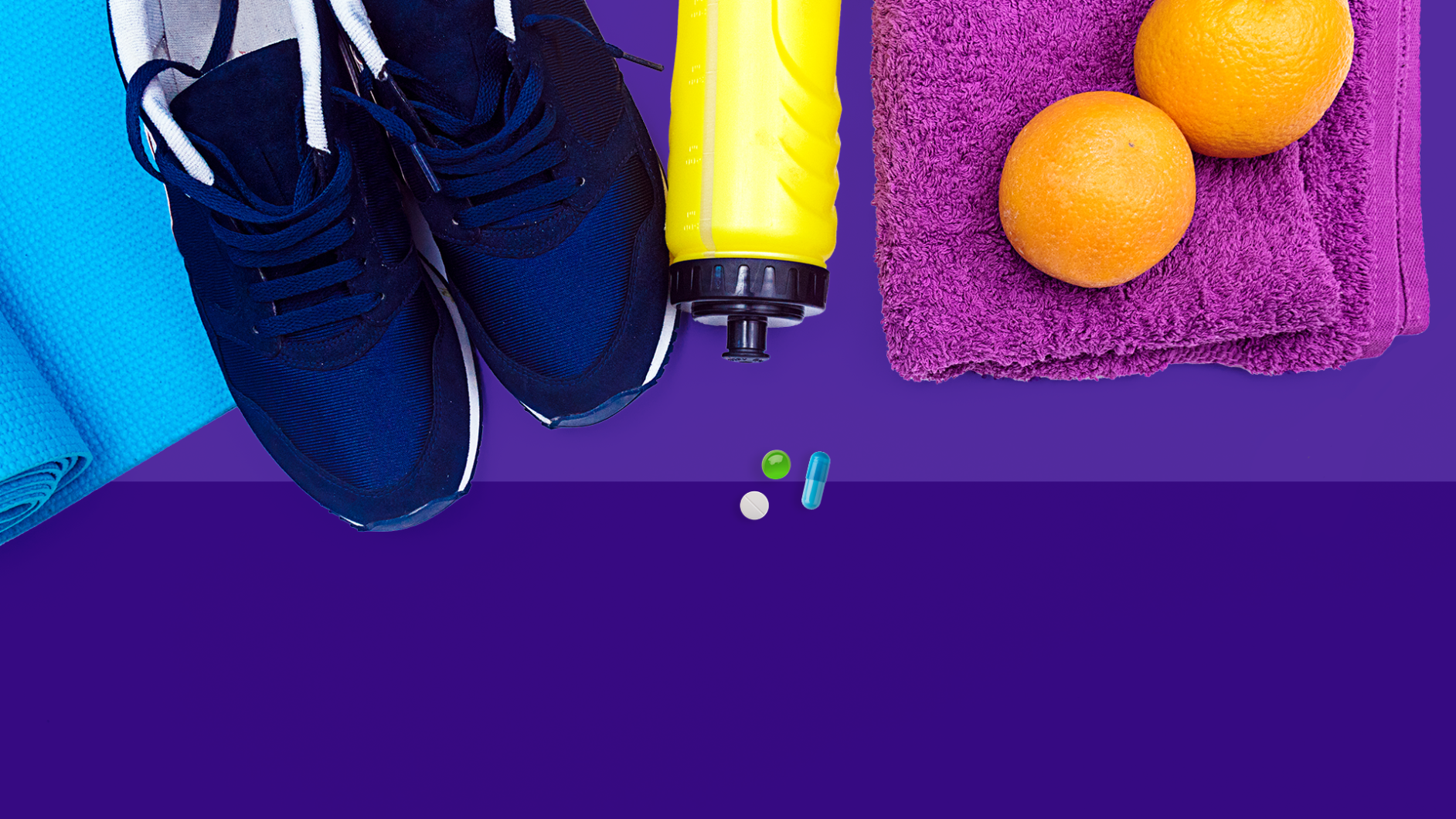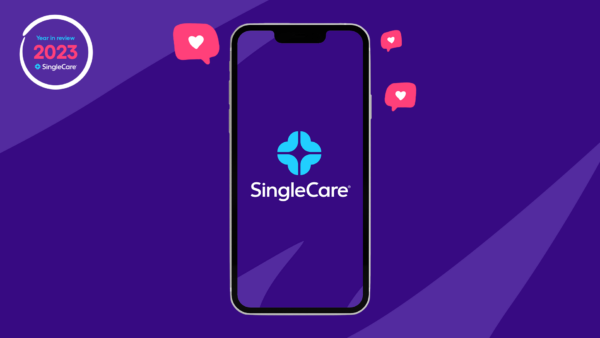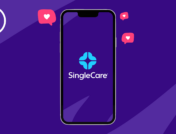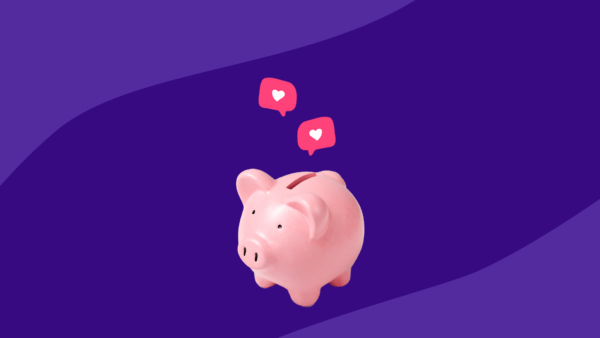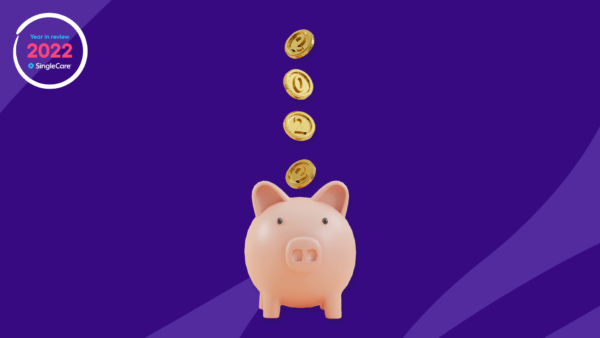Self-care is a big buzzword these days. So many of us are ridiculously over-scheduled and overworked that it’s easy to neglect our health and well-being. We skimp on sleep and order takeout to squeeze a little more free time out of every day. We join gyms, and then never set aside an hour to go. We ignore signs of illness and injury because we just don’t have time to deal with them.
The self-care movement emerged to address this crisis of burned-out, worn-down people. A quick Google search will tell you the guidelines. Drink enough water. Limit alcohol and sugary drinks. Don’t smoke. Exercise every day. Eat fresh, unprocessed foods. Make time to meditate. Sleep seven to nine hours a night. These are the keys, we are told, to a long lifetime of health and wellness. But when you’re living with mental illness, the usual #selfcare steps just aren’t enough.
Self-care and your mental health
I tried to tough it out with natural remedies. I ate a healthy diet, got as much sleep as possible, and took step aerobics then Zumba classes. I am a person of faith, so I also prayed a lot. While those things were good for me, they were not nearly enough to handle what was happening in my brain. It was only when I saw a psychiatrist, who prescribed an antidepressant and an antipsychotic, that I began to see daylight.
For me, eating bushels of kale and doing hours of hot yoga didn’t cut it. A holistic approach always helps, but it’s important to remember that appropriate medical care—in my case medication, in the proper dosage—IS self-care. Prescription drugs and wellness aren’t mutually exclusive.
Why self-medication can be unsafe
Self-medication can take many different forms. In some cases, bad habits—like substance abuse, caffeine overconsumption, or emotional eating—mask anxiety or depression symptoms. What starts as stress relief can easily transform into addiction and worsen mental health. In others, people with mental health problems try to treat their symptoms with good habits—taking up yoga, eating mood-boosting foods with omega-3s, or taking supplements. The reality is, certain conditions, depending on their severity, require medication to feel better. Trying to replace that with self-care strategies can make symptoms worse.
Medication adherence is self-care
“Taking my medication daily is a critical part of my self-care routine, along with exercising, healthy eating and de-stressing,” says Jennifer Marshall, founder of This Is My Brave, a national organization focused on sharing true stories of mental illness onstage. Marshall, who herself lives with bipolar disorder, explains that “not taking my meds would be like being diabetic and not taking insulin. It’s all part of the puzzle to keep me stable.”
And if you’re medication isn’t helping, then it’s time to visit your primary care provider. Putting off visits to the doctor, or checkups, is common when you’re feeling time-crunched. Whether you suffer from high blood pressure, migraines, or mental illness, it’s important to work with your physician to monitor your health and find the right balance of medication.
Ask all of your questions about side effects, beyond the classic “do not operate heavy machinery while taking this medication” warning on the pill bottle label. Have a new conversation with your doctor any time you want to change or stop a medication. Depending on the medication, it can be dangerous to abruptly stop taking it, so it’s extremely important to check in with a healthcare professional on a regular basis.
RELATED: Finding the right medication starts with finding the right doctor
“Medication is part of a comprehensive, multidisciplinary approach to getting patients well again,” explains Richard Myers, MD, an orthopedic surgeon in Virginia Beach, Virginia. Medication is good for your well-being, and following your treatment plan signals to your doctor that you’re serious about your health. “Taking your medication also is a great way for the patient to let the healthcare provider know, ‘Hey—I’m all in! I want to get better! I’ll follow through on instructions and treatment plans! I’m engaged with you to get me well!’,” Dr. Myers says.
So what does self-care look like for someone who needs medication? It can be as simple as taking a pill every morning, and pairing it with something you enjoy—like your yogurt and antioxidant blueberries. It can be seeing your doctor regularly and having the appropriate tests and screenings to catch a condition before it becomes serious. Just as we make a conscious effort to put on our running shoes, fill our water bottles, and roll out our yoga mats, adherence to our medication regimen could be a key part of your daily routine.
A million crunches and a non-stop diet of “superfoods” cannot stop the development and progression of many diseases and illnesses. Sleep with that lavender-scented pillow, do tai chi, steam that broccoli, and try to get those 10,000 steps in every day—but don’t neglect a very important part of your healthy lifestyle. Love yourself. Take your meds.



